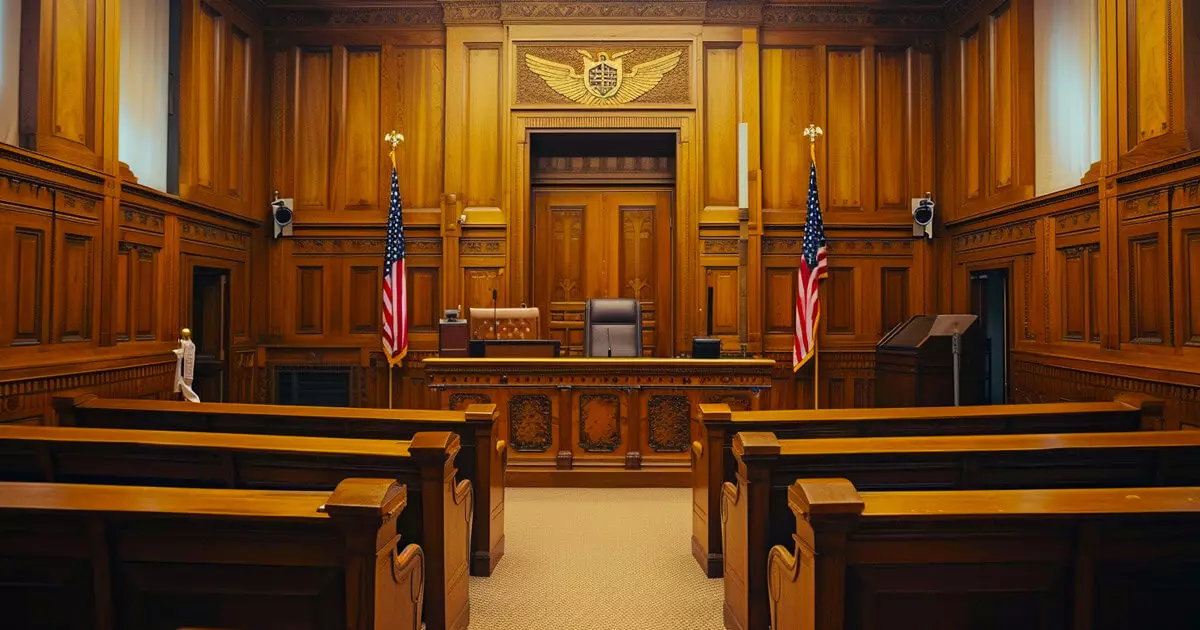The recent decision by the US Supreme Court to overturn the Chevron doctrine has sparked discussions about the implications it may have on various regulatory bodies, particularly the SEC’s oversight of cryptocurrencies. Originating from the 1984 case of Chevron v. Natural Resources Defense Council, the doctrine established a framework for when federal courts should defer to agency interpretations of laws and statutes. Economist Timothy Peterson believes that this decision will limit the SEC’s interpretive power when it comes to regulating cryptocurrencies like Bitcoin.
Peterson heralded the overturning of the Chevron doctrine as a significant win for Bitcoin, emphasizing that it goes beyond any specific case or law. He argues that this decision will prompt courts to closely examine the SEC’s anti-crypto stance, potentially leading to fairer regulations and a more balanced legal landscape. One of the key impacts could be a reduction in the SEC’s ability to unilaterally define assets as securities, raising questions about the agency’s authority in regulating crypto.
FOX Business reporter Eleanor Terrett noted that while the end of Chevron does not completely strip the SEC of its enforcement powers, it does raise questions about the agency’s mandate to regulate crypto as securities. The implications of this decision could affect ongoing cases, such as the SEC’s claims against Consensys for engaging in the sale of unregistered securities. The weight of such allegations may now be subject to greater scrutiny by judges post-Chevron.
In a case that led to the overturning of Chevron, lawyer Paul Clement highlighted the challenges posed by regulatory ambiguity in the context of cryptocurrencies. He emphasized that agencies like the SEC have been able to assert authority over crypto matters due to gaps in existing statutes. The decision to overturn Chevron could potentially shift the direction of how courts handle such cases, particularly in determining whether crypto assets constitute investment contracts.
The US Supreme Court’s ruling on two cases related to Chevron underscores a broader shift towards defining statutory authority and increasing judicial oversight. The New Civil Liberties Alliance, involved in one of the cases, stated that the decision signals the end of granting agencies unchecked authority based on statutory ambiguities. Moving forward, Article III courts will play a more significant role in addressing legal uncertainties, ensuring a more principled and intelligible development of the law.
The overturning of the Chevron doctrine by the US Supreme Court has far-reaching implications for regulatory bodies like the SEC and their oversight of crypto assets. This decision necessitates a reexamination of the agency’s interpretive power and opens up new avenues for legal challenges and regulatory clarity in the crypto space. As courts grapple with defining the boundaries of agency authority and statutory interpretation, the landscape for crypto regulations is poised for significant changes in the wake of Chevron’s demise.


Leave a Reply